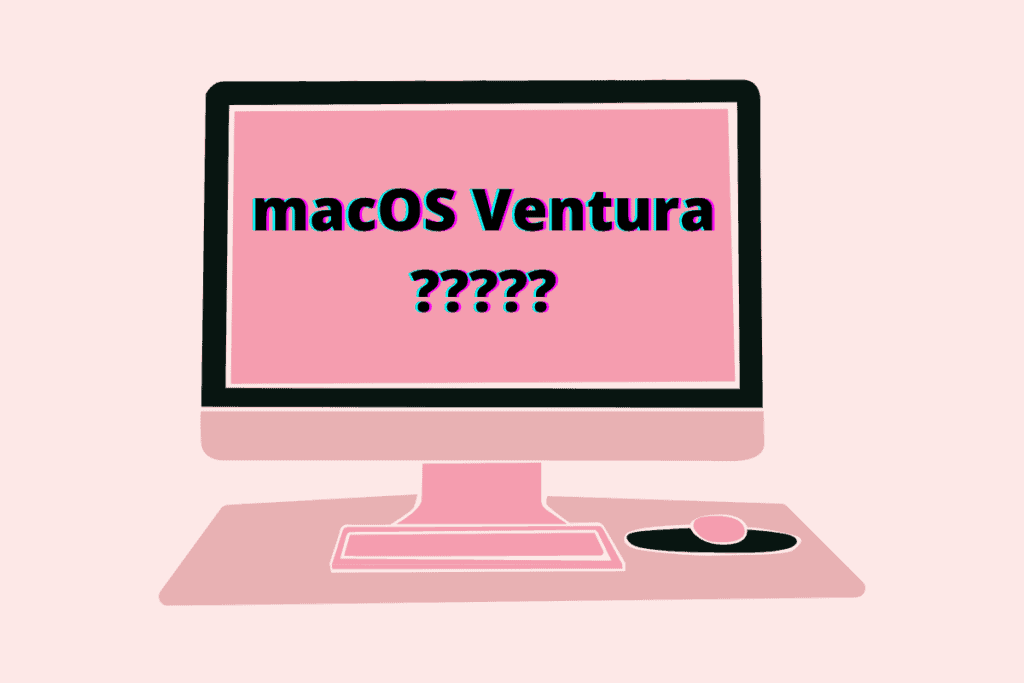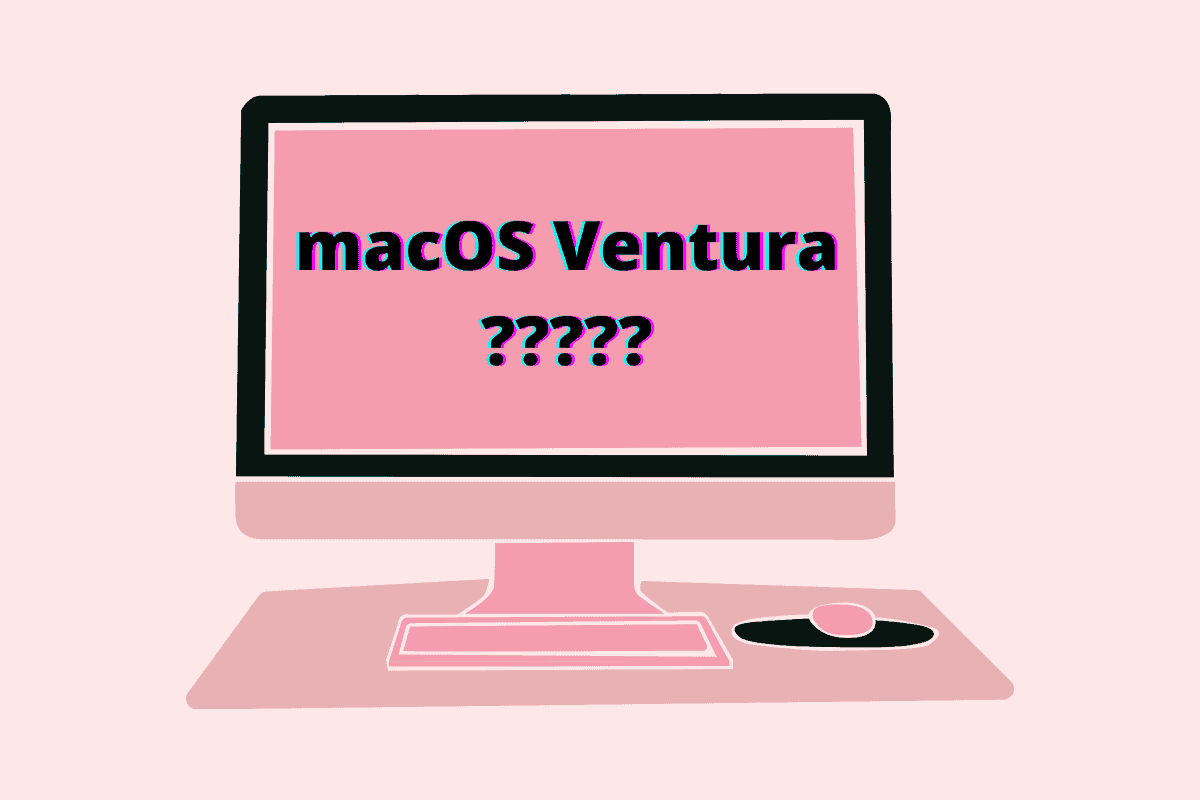macOS Ventura, otherwise known as macOS 13, is dropping support for many older Macs.
Wondering “will my Mac run macOS Ventura?” Read on…
In early June Apple previewed macOS Ventura at its annual Worldwide Developers Conference. macOS Ventura is the marketing name for what is also known as macOS 13. Apple introduced a TON of new features coming to macOS Ventura and many of the mirror what’s coming to iPadOS 16. It seems the company is determined to move the two OSes closer together.
macOS Ventura is gaining two new Apple apps. For the first time ever, macOS Ventura will feature the Clock and Weather apps, which have been found on the iPhone’s iOS since its inception.
But macOS Ventura will also feature improvements to existing apps. For example, the Messages app gains the ability to edit and unsend previously sent iMessages. The Mail app is gaining the ability to unsend emails and schedule emails in advance for sending at a later date and time.
- TIP: Check out How To Remove The Background From A Photo In macOS Ventura
A major new feature of macOS Ventura is Stage Manager, which is also coming to iPadOS 16. Stage Manager is a new multitasking feature that lets you keep your open apps and windows organized into different piles, allowing you to click one to easily access the workflow you need to access in seconds.
Apple first previewed macOS Ventura at WWDC 2022 and released the developer beta that day. Apple has aid a public beta of macOS Ventura will release in July. And the final version of macOS Ventura, known as a gold master, will release this fall. However, the GM version of macOS Ventura might not release until October. In recent years, macOS has released about a month after the release of iOS and iPadOS.
Of course, new software needs to be compatible with devices in order to run on them. Unfortunately, Apple is dropping support for macOS Ventura from many older Macs this year. Here’s what you need to know…

Which Macs Will Run macOS Ventura?
The existing macOS, macOS Monterey (or macOS 12), released last year, supported some Macs going all the way back to the year 2012. But for macOS Ventura, the oldest Mac supported was released in 2017 – and in some cases, you need even newer Macs.
Here are the Macs that Apple says WILL run macOS Ventura:
- iMac: 2017 and later
- iMac Pro: 2017
- MacBook Air: 2018 and later
- MacBook Pro: 2017 and later
- MacBook: 2017 and later
- Mac Pro: 2019 and later
- Mac Studio: 2022
- Mac mini: 2018 and later
Apple surprised many by dropping support entirely for even 2015 and 2016 Mac models. That’s surprising because Apple’s redesigned MacBook Pro with Touch Bar only debuted in 2016, yet it won’t run macOS Ventura this year.
Why Won’t Older Macs Run macOS Ventura?
Every year Apple releases a new macOS, at least a few Macs usually get dropped from supporting it. That’s simply due to their hardware limitations. As software progresses, it requires newer CPUs, more RAM, and better graphics cards to run it because the software itself gets more advanced and resource-intensive.
But another reason Apple may have decided to not support macOS Ventura in pre-2017 Macs is that the company is eager to move on from Intel chips altogether. Apple is currently nearing the end of its transition away from Intel chips in Macs to Apple Silicon chips.
These are the M1 and M2 series chips now found in most Macs. Keeping your operating system up to date to run on two different types of chip architectures requires a lot of resources. It’s likely Apple wants to put it Intel days behind it as soon as possible, hence dropping support for Macs running Intel from all but the most recent ones.
And check out:
- Apple’s realityOS: Release Date, Specs, Features & More!
- How To Download iOS 16 RIGHT NOW!
- How To Download iPadOS 16 RIGHT NOW!
- How To Download macOS Ventura TODAY!
- Does Apple Make A Dual Power Charger?
- Will My iPhone Run iOS 16?
- Will My Apple Watch Run watchOS 9?
- How To Use macOS’s Launchpad: Get The Most Out Of The Mac’s Application Launcher
- How To Show Hidden Files In macOS: The EASY Way
- How To Close Apps On macOS: The 2 BEST Ways


